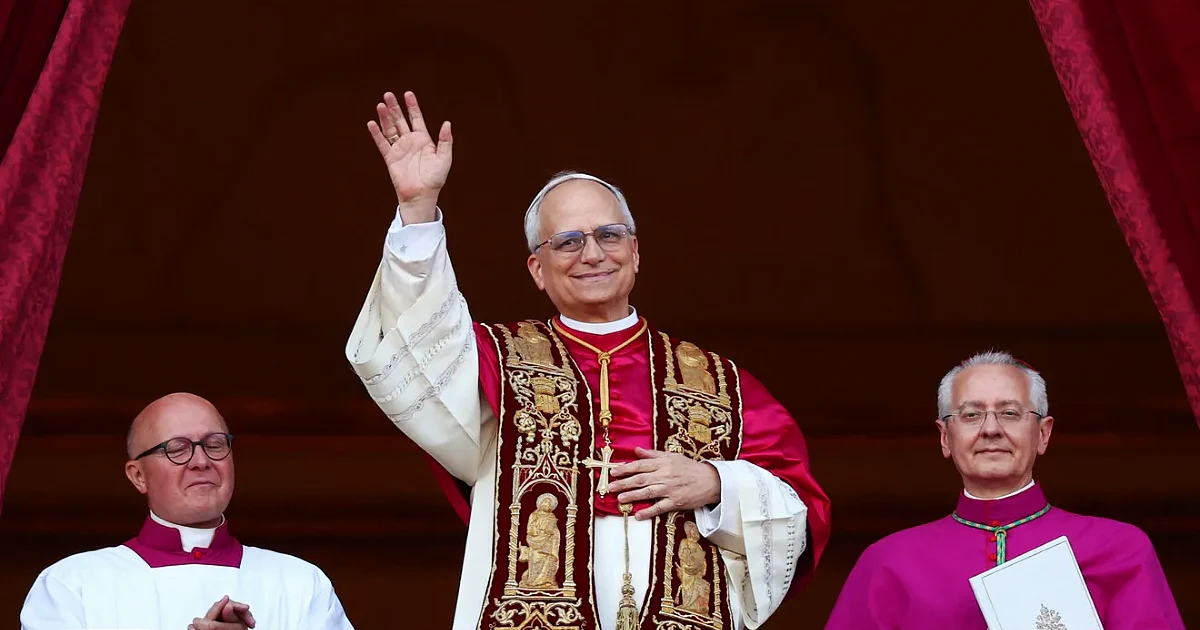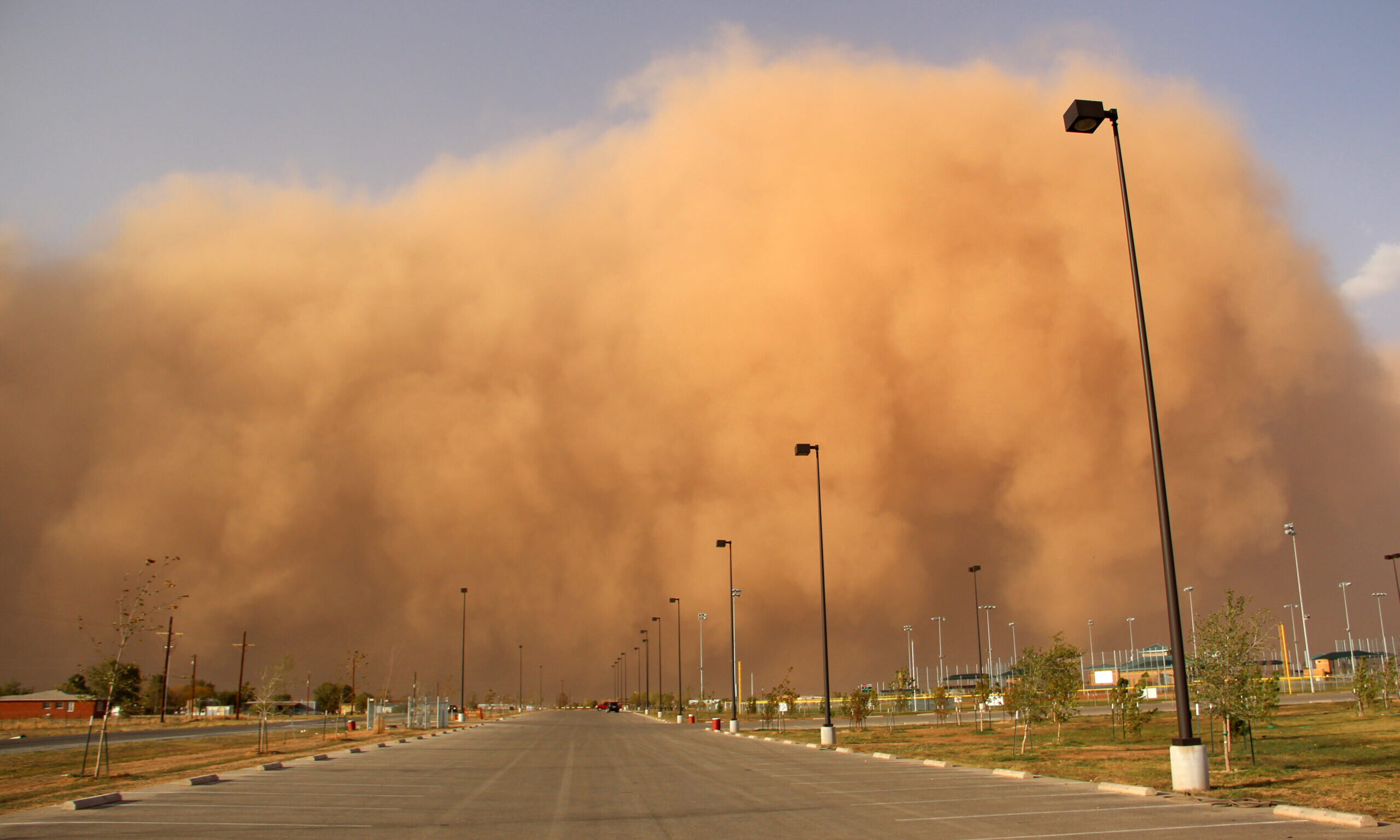In a groundbreaking moment for the Roman Catholic Church, Cardinal Robert Francis Prevost of Chicago has been elected as Pope Leo XIV, becoming the first American in history to ascend to the papacy. His election marks a pivotal turning point for a global faith that has long been led predominantly by European pontiffs, particularly Italians. Born in 1955 to a working-class family of American immigrants, Pope Leo XIV’s rise from humble beginnings to the apex of Catholic leadership embodies a modern narrative of global inclusivity and pastoral outreach. His story resonates with millions, particularly in the Americas, where the Catholic population continues to grow rapidly.
Pope Leo XIV brings with him decades of experience in Latin America, having served as a missionary and bishop in Peru for over twenty years. Fluent in Spanish and deeply engaged with the needs of underrepresented and impoverished communities, he built a reputation as a spiritual shepherd grounded in compassion, humility, and social justice. His leadership in Peru was marked by advocacy for indigenous rights, educational access, and the promotion of peace during periods of political unrest. These experiences shaped a worldview rooted in dialogue, grassroots service, and a deep concern for the marginalized — values that many hope he will now bring to the Vatican.
As Prefect of the Dicastery for Bishops, one of the highest offices within the Church’s governance, Leo XIV was responsible for overseeing the appointment of bishops worldwide. In that role, he was known for emphasizing the importance of integrity, cultural sensitivity, and servant leadership in the selection process. His ability to balance doctrinal orthodoxy with a pastoral heart earned him the respect of both progressives and conservatives within the Church. Now, as pope, he faces the immense task of uniting a deeply diverse and often divided global Catholic community, navigating challenges ranging from declining vocations in the West to increasing persecution of Christians in some regions.
The election of Pope Leo XIV is already being seen as a symbol of change — not just in geography, but in tone and vision. His papacy is expected to focus on expanding the Church’s presence in the Global South, addressing climate change and migration, and revitalizing youth engagement. Many Vatican analysts view his election as a strategic move to better reflect the Church’s evolving demographic and cultural center. As millions around the world watched his first blessing from the balcony of St. Peter’s Basilica, the emotion was palpable: hope, renewal, and the beginning of a new chapter in the Church’s 2,000-year history.



